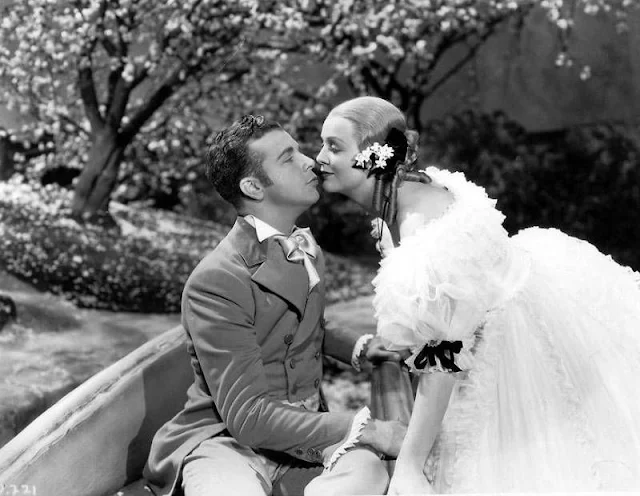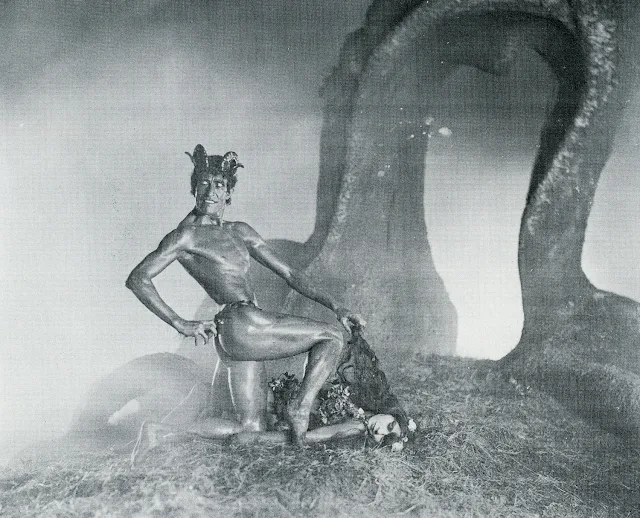 |
| Alec Secareanu and Josh O'Connor in God's Own Country |
Johnny Saxby: Josh O'Connor
Gheorghe Ionescu: Alec Secareanu
Deirdre Saxby: Gemma Jones
Martin Saxby: Ian Hart
Director: Francis Lee
Screenplay: Francis Lee
Cinematography: Joshua James Richards
Production design: Stéphane Collonge
Film editing: Chris Wyatt
Music: Dustin O'Halloran, Adam Wiltzie
Inevitably called "a Yorkshire
Brokeback Mountain," Francis Lee's debut feature,
God's Own Country has a forthrightness about gay sex that Ang Lee's more celebrated 2005 film lacked, and which, I recently noted, is also missing from the more popular
Call Me by Your Name (Luca Guadagnino, 2017). There's no shyness about the mechanics of sex or about frontal male nudity -- one scene, of Johnny and Gheorghe talking together, plays out with both actors casually showing their privates. To my mind, this acceptance of the body defuses the sensationalism that "discreet" treatments, like the pan to the window in
Call Me by Your Name, actually tend to heighten. It also brings the outsider status of the two men more clearly into focus -- if we can observe and accept the fact of their relationship, then why can't others?
God's Own Country is otherwise a familiar -- slightly over-familiar -- story of the course of a love affair: meeting, attraction, consummation, discord, separation, resolution. Johnny is a surly lout in a bleak, unloving milieu until Gheorghe comes into his life and teaches him tenderness and self-respect. It's enough to make us want to see the other side of the story: What about Gheorghe's life in post-Ceausescu Romania made him a stronger and better person than Johnny? That said, it's a well-made film, with superlative performances from Josh O'Connor and Alec Secareanu, and beautiful support from old pros Gemma Jones and Ian Hart as Johnny's worn and weary but always crabby parents.


























